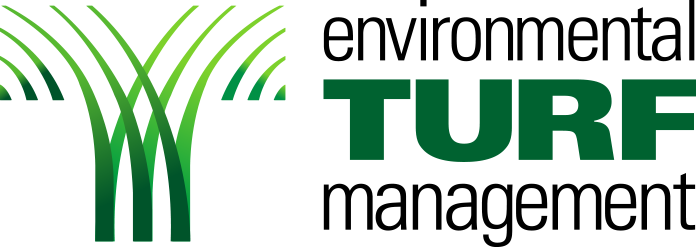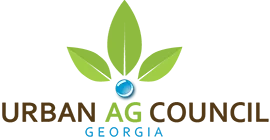Lawn Care in Lawrenceville, GA
For over 25 years the professionals at Environmental Turf have been providing exceptional lawn care services to the Lawrenceville community. Where most lawn care companies use the same pre-fab lawn care program, we take the time to craft individual lawn care plans. We know that every yard is different and that’s why we offer a variety of lawn care options tailored specifically for your yard.
Our lawn care in Lawrenceville provides:
- Lawn fertilization
- Fire ant control
- Tree & shrub care
- Aeration & seeding
- Mole control
- And more!
See why customers in the greater Atlanta lawn maintenance area have trusted us with their lawns for over 25 years!
Main Office
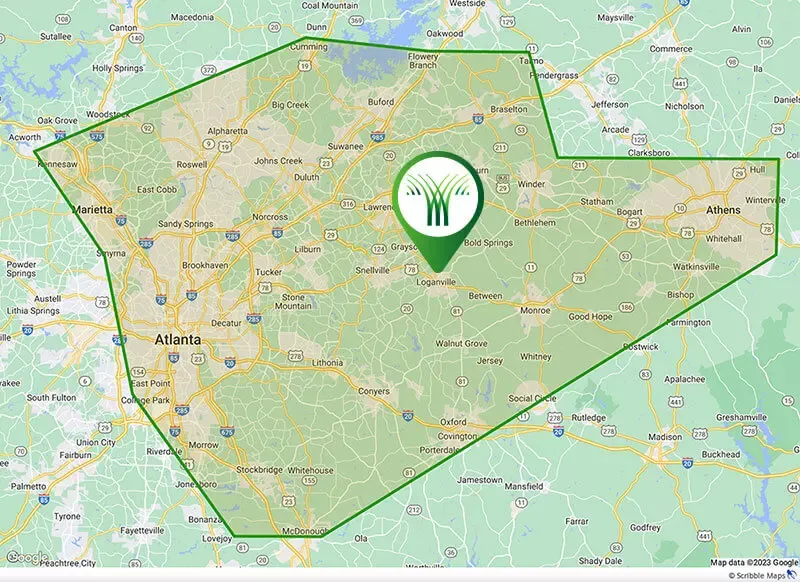
Over 25 Years of Local Lawn Care
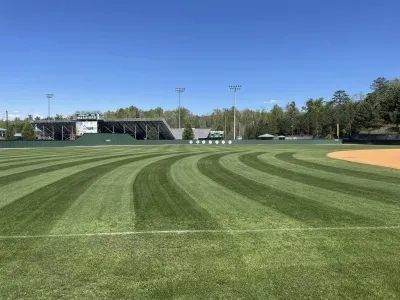
When you choose Environmental Turf Management, you are choosing your neighbors! Our technicians have serviced lawns in Lawrenceville for over 25 years, so we know how to get the job done. Not all lawns are the same, so it is important to trust a local company that understands the unique needs of Georgia yards. You can trust Environmental Turf Management to provide a high-quality, unique experience that will bring your wishes to reality! And if you are not satisfied, we will be back out for free until you are. Not in Lawrenceville? We offer lawn services in Loganville and the surrounding area.
Aeration in Lawrenceville
Lawn aeration is a process that relieves compacted soil by extracting tiny cores of sod from your lawn. Soil becomes compacted naturally over time for a number of reasons, such as playing on the lawn, mowing, or dry weather. If you have tried watering the area to no avail, maybe it’s time to consider getting your lawn aerated. As the soil gets packed together, it prevents water and nutrients from reaching the roots of your grass. Lawn aeration is one of the best lawn care services you can do to build the health and appearance of your lawn. Here are some signs of compacted soil:
- Weak-looking/wilted grass
- Water runs off or pools in areas of your yard
- Bare or patchy areas of grass
- Stunted plants
- Soil too hard to stick a knife into
Compliment Your Yard With Overseeding
Overseeding is a technique used to rebuild the lushness and increase the resistance of your lawn. At Environmental Turf Management, we provide seeding services for fescue grass. Overseeding is the addition of grass types in your yard to boost your lawn’s resistance to pests, diseases, and even drought. After your lawn is aerated, it is in perfect shape to be overseeded.
Tree & Shrub Care in Lawrenceville
Trees and shrubs are the anchors of our landscapes. They are the largest and often, the most expensive investment you can make in your yard. But trees are not purely decorative plants, they also provide:
- Shade in the summer
- Homes for wildlife
- Clean air
- Privacy
- Windscreens
Do not put the health of your investments in jeopardy with other lawn care companies. When you team up with Environmental Turf Management, you know that your trees are in the best hands. Our tree and shrub care program uses the best available products and the latest equipment to deliver effective and affordable care for home and business owners in the Lawrenceville community.
Fire Ant Control in Lawrenceville
Fire ants are an invasive species that have made their home in the South and have become a permanent fixture of southern lawns. Fire ants construct massive tunnel systems and can have colonies that number in the hundreds of thousands. As they excavate their tunnels they pile the dirt onto your lawn. These large unsightly mounds can kill the grass if you do not remove them. Fire ants are very aggressive and should be taken very seriously as they pose a threat to children and pets. If you have fire ants on your property, do not wait to call the fire ant control experts at Environmental Turf Management.
Flea & Tick Control in Lawrenceville
Lurking in Lawrenceville lawns is a hidden threat. Fleas and ticks can live in many places around your yard where they wait until one of your pets gets close enough to hitch a ride and gain entry to your home. The best way to avoid bringing fleas and ticks into your yard is to stay away from the areas they live in, such as:
- Wooded areas
- Brush
- Tall grass
- Under trees
- Under decks and porches
Fleas and ticks can live almost anywhere without direct sunlight and love the high temperatures and humidity of the Atlanta region. With our flea and tick control, we can eradicate fleas and larvae before they can reach the adult stage and prevent them from coming back into your yard.
A lush, vibrant lawn can be the pride of any homeowner, and in Lawrenceville, GA, achieving this begins with expert lawn fertilization. Our team offers comprehensive lawn fertilization services designed to maintain and enhance the health of your lawn throughout the year. We understand that a healthy lawn is more resistant to weeds and diseases and provides a stunning outdoor space for your family to enjoy. We tailor our treatments to the specific challenges that lawns in Lawrenceville face, ensuring your grass gets the precise nutrients it needs to thrive.
Here's how our recurring fertilization service benefits your yard:
- Year-round fertilization promotes thicker, greener turf.
- It effectively reduces the presence of invasive weeds.
- Our treatments significantly enhance the lawn's natural resistance to diseases.
- We improve the lawn's ability to fend off pests.
- Our service fosters a richer, healthier soil environment.
Weeds do not need the same amount of nutrients, water, and sunlight that grasses do to grow, so they can seem like a never-ending problem. Luckily, our lawn care program is designed to handle these persistent weeds! Treating your yard year-round never gives them the chance to grow and infect your lawn. Using pre- and post-emergent weed killers, our team targets and eliminates both existing and newly germinated weeds, preventing them from taking over your yard. Our recurring lawn care program includes:
- Comprehensive weed control that targets both existing and emerging weeds.
- Seasonal treatments to ensure year-round weed prevention.
- Customized treatment plans based on a thorough lawn inspection.
- Skilled and knowledgeable local technicians dedicated to exceptional service.
Protect your family and enjoy your outdoor space with our exclusive mosquito service in Lawrenceville, GA. At Environmental Turf Management, we offer a tailored mosquito control program designed specifically for Georgia lawns. Our expert team provides affordable and effective mosquito treatments for properties of all sizes, ensuring your yard remains mosquito-free. Our monthly yard spraying from March through October effectively prevents mosquitoes from invading your space, allowing you to enjoy your outdoor areas without the nuisance of these pests.
- Monthly mosquito misting treatments from March through October.
- Effective coverage that includes the house exterior and surrounding landscape.
- Affordable pricing: only $70 for all lawn sizes.
- Backed by a satisfaction guarantee for your peace of mind.
Areas We Service Near Lawrenceville
Not in Lawrenceville? View the surrounding areas where we provide lawn care near you.
